Mises and Marx Missed the Mark, and So Did Mussolini
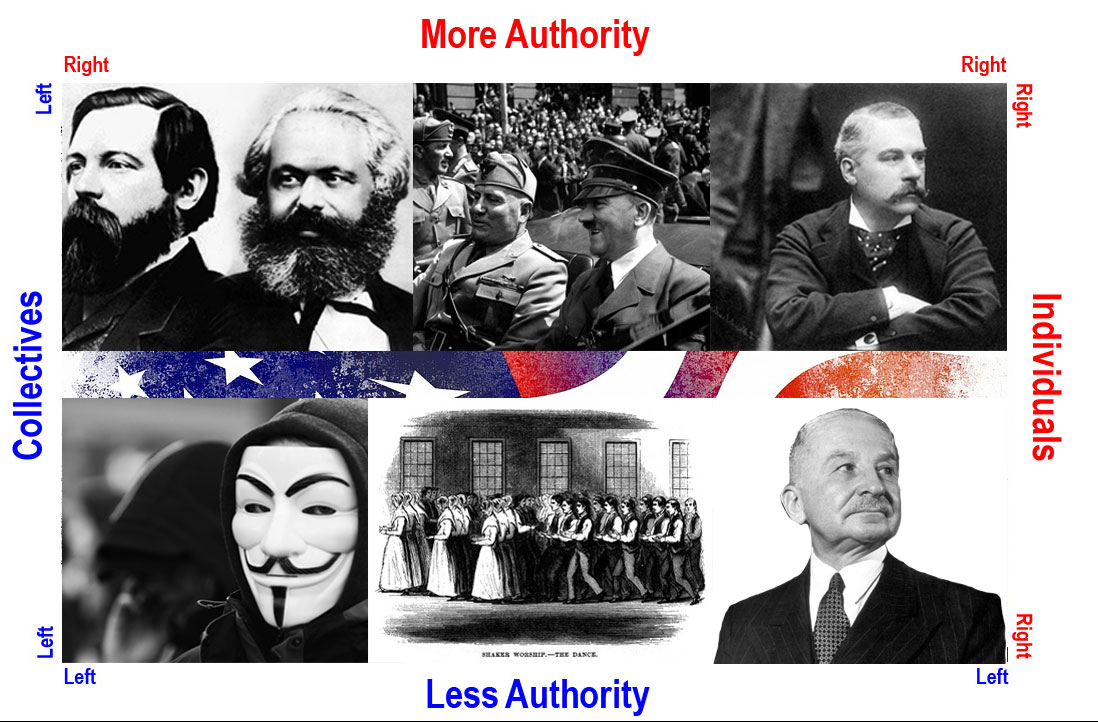
Marx and Mussolini called for extreme evolutions of socialism, Mises called for an absolutist return to individualist liberalism, but all miss the mark.
Philosophical theories are theories that are philosophical, rather than purely scientific by nature. Meanwhile, philosophical concepts can be loosely describes as ideas or “concepts” that are philosophical in nature.
Generally, a concept is a single idea, a theory is an explanation of how something works, and philosophy is simply the study of that which we can’t know for sure (see the branches of philosophy.).
So then, for our purposes, philosophical theories and concepts is simply a broad category that contains all non-scientific theories worth discussing.
TIP: For a great explainer on the basics of Philosophy see Tamar Gendler: An Introduction to the Philosophy of Politics and Economics by Big Think.
NOTE: Some scientific theories that spark metaphysical philosophical questions are categorized here (as well as under their respective scientific fields). Learn more about scientific theories.

Marx and Mussolini called for extreme evolutions of socialism, Mises called for an absolutist return to individualist liberalism, but all miss the mark.
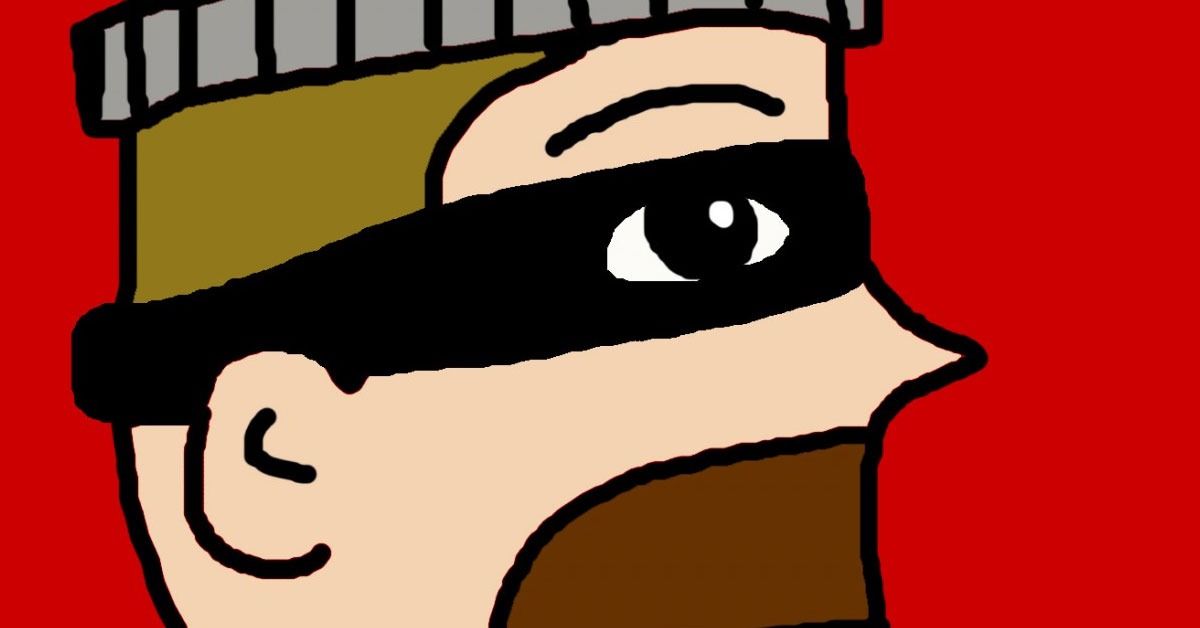
Criminal virtue is a concept eluded to in Machiavelli’s the Prince. It describes calculated “criminal acts” that can help one get ahead in politics.
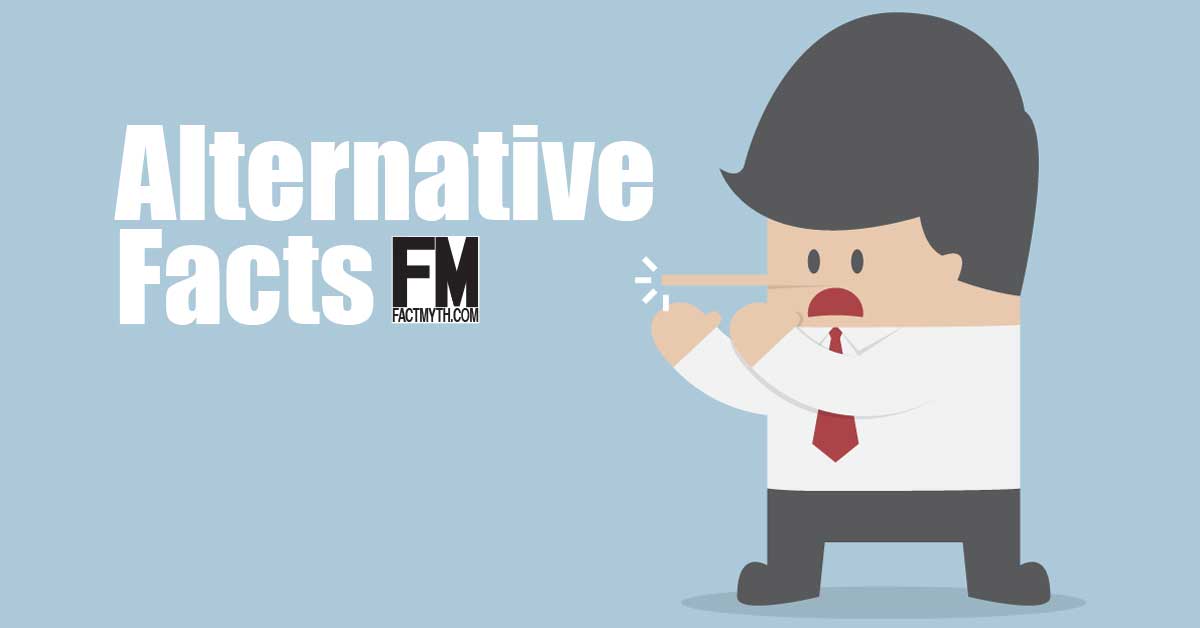
I offer opinions on how to fact-check alternative facts from the perspective of a fact-checker who fact-checks alternative facts. Fact.
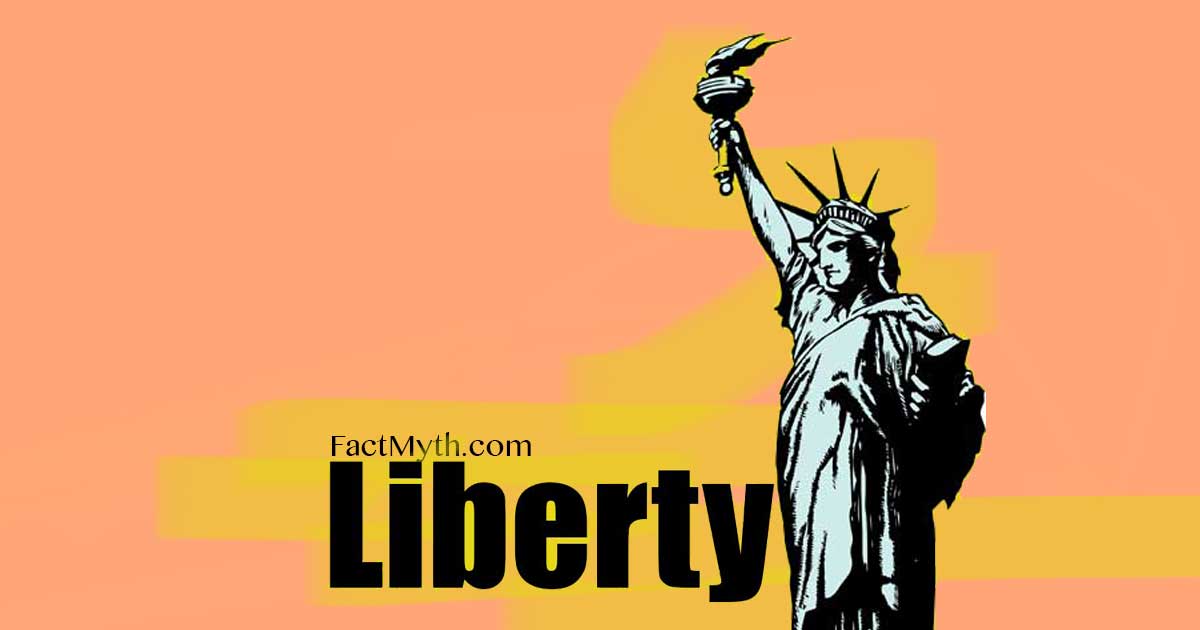
To advance culture philosophically (not just technologically or economically) liberty is required. The major philosophical works came from liberal nations.
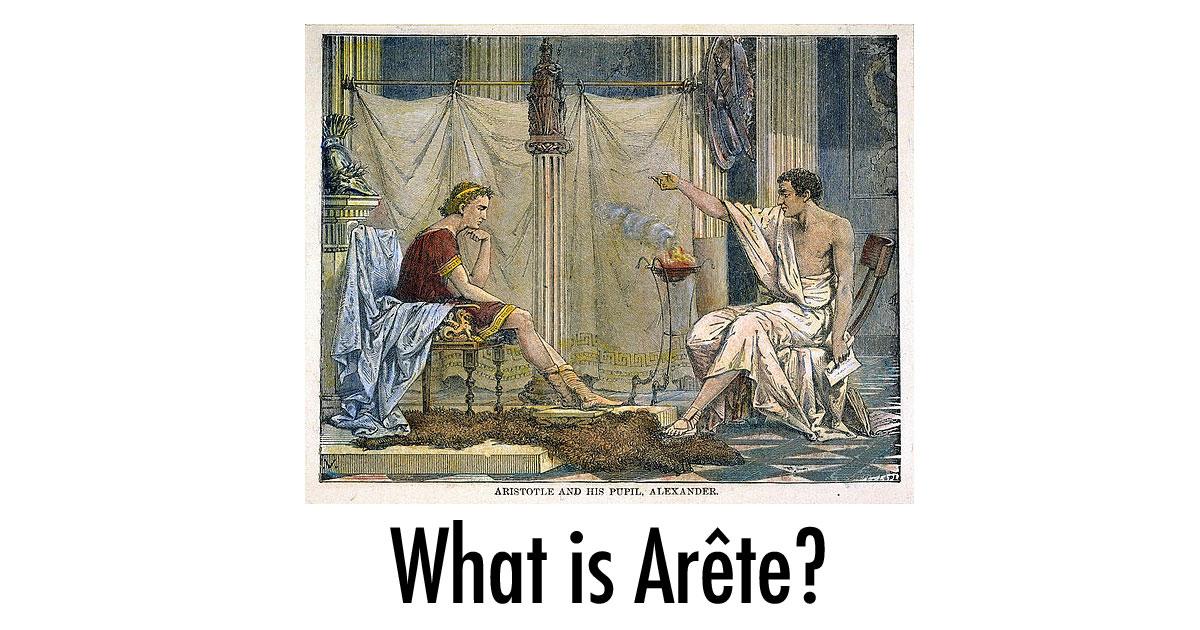
Socrates was Plato’s teacher, Aristotle learned at Plato’s Academy, and Aristotle was the well-paid tutor of Alexander the Great.
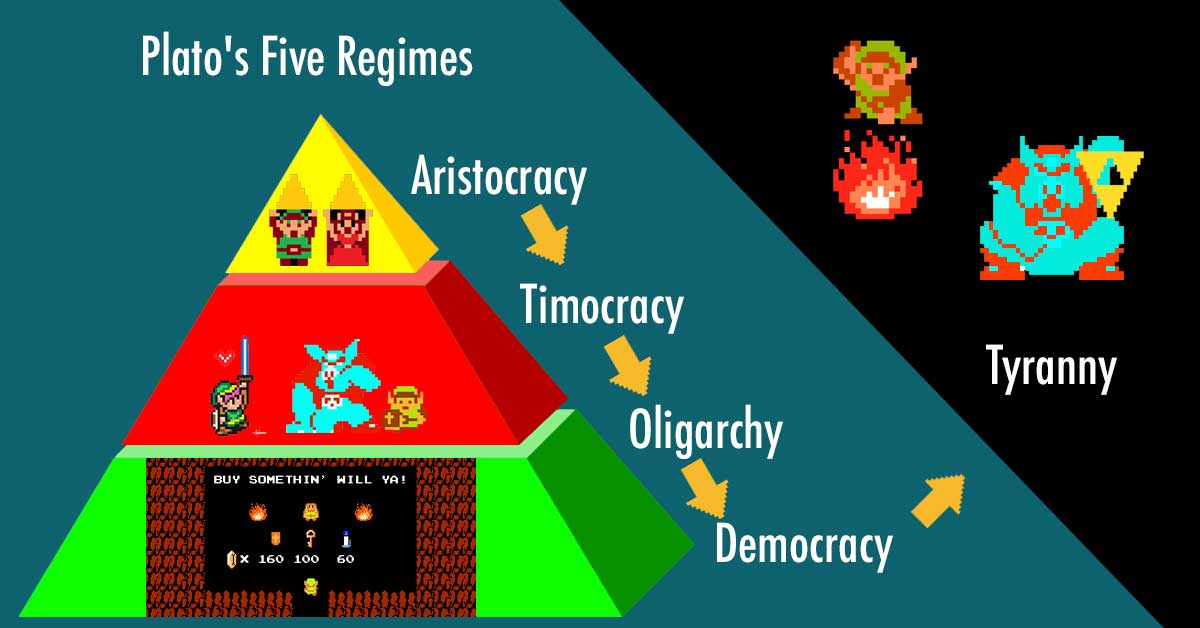
Plato discusses five regimes (five forms of government) in his Republic, Book VIII. They are Aristocracy, Timocracy, Oligarchy, Democracy, and Tyranny.
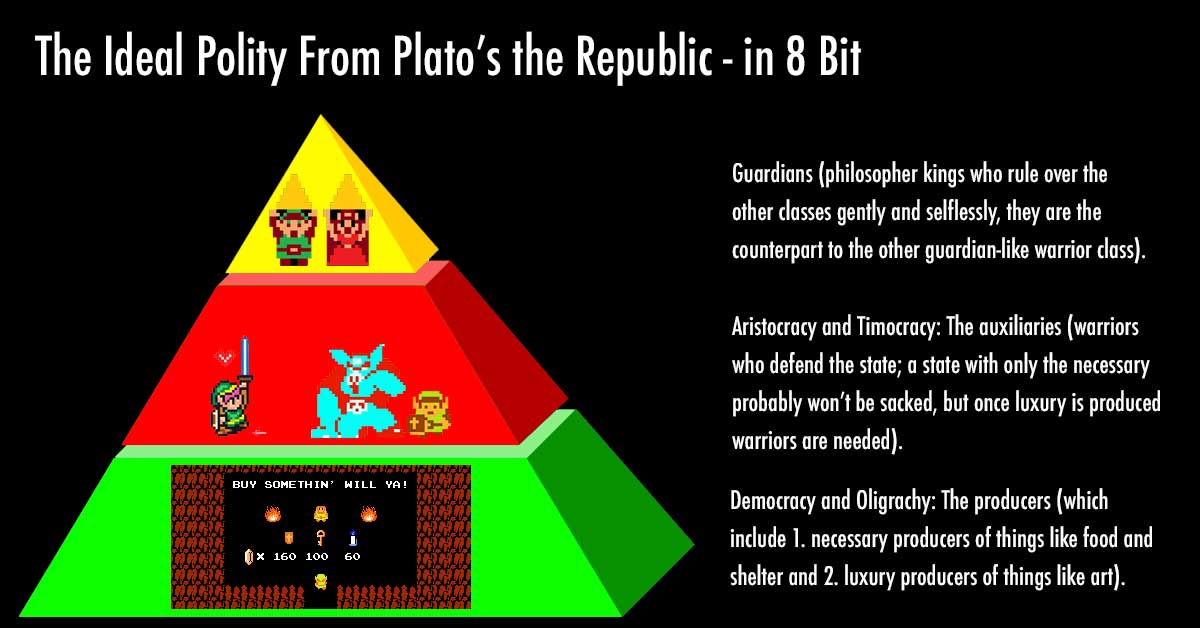
Classically speaking, the term Polity means “a state” (a group of people under a single social contract), but it also implies an “ideal state” (a Kallipolis).
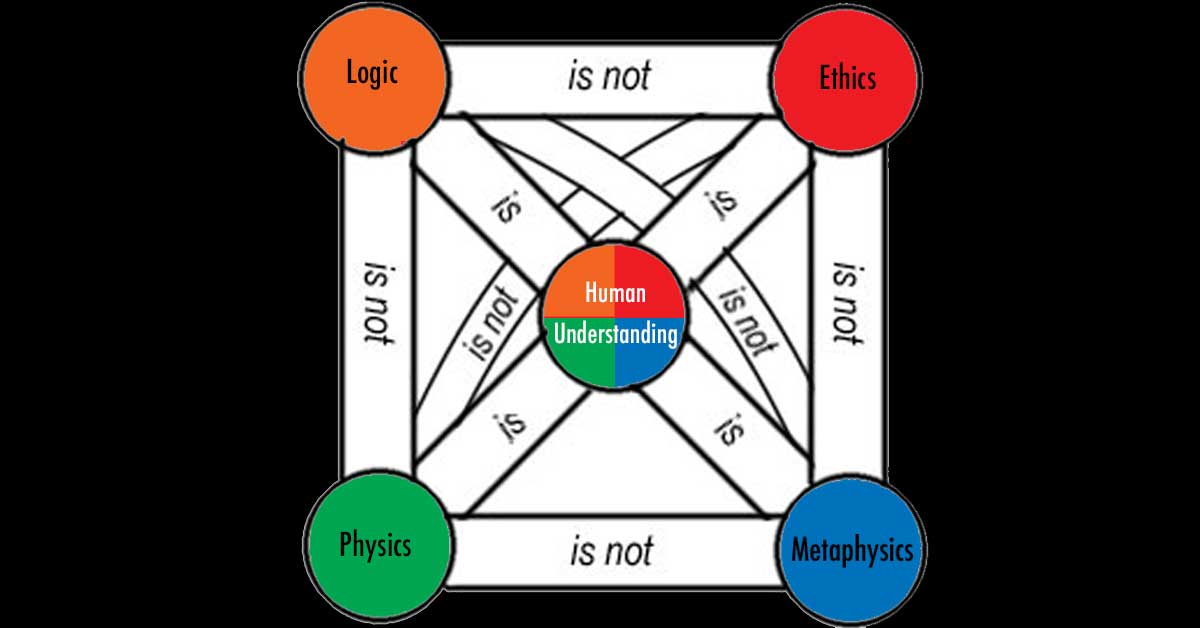
All knowledge, all human understanding, can be said to be of four types: physical (empirical), logical (reason), ethical (philosophy in-action), and metaphysical (pure philosophy).
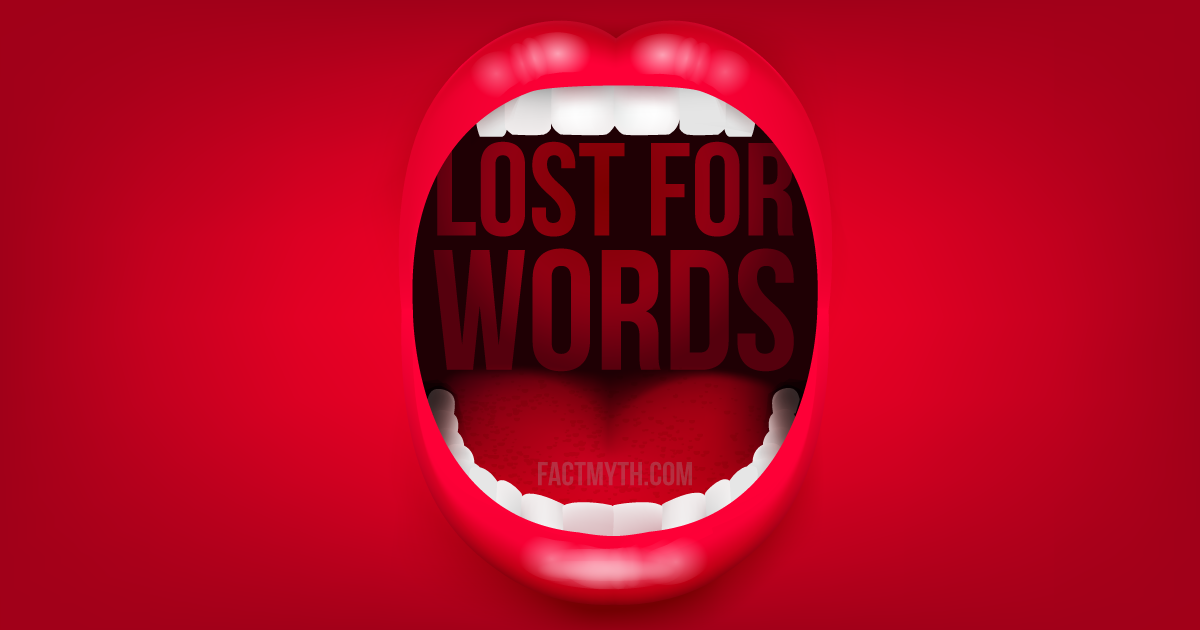
We discuss “giving names to concepts” (defining terms), identifying with terms, be identified by terms, and the implications of this.

What we call the political left and right are an outgrowth of liberty and the human condition. Once people are free to express themselves, they will create a left and right (because left and right are a reflection of human nature). This is essentially true for any issue or debate, be it national politics, a local community issue or even a family or other small group issue.